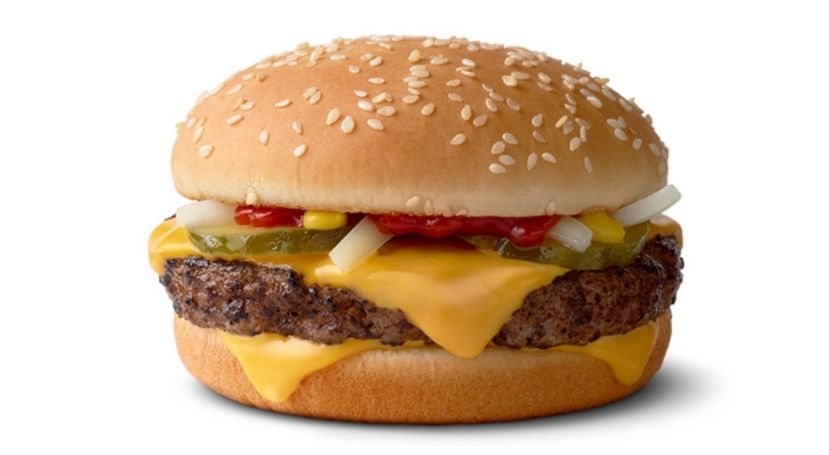
The Truth About Lying
Subscribe to Our Free Newsletter
Years ago I worked in Washington, DC and frequently rode the Metro (subway) to get around town.
One mid-afternoon I was on the platform waiting for the next train when a fellow walked up beside me. With a gentle nudge of the elbow he directed my attention to an advertising kiosk.
“Did you ever have one of those?”
The ad was for a quarter-pound cheeseburger, of which I was a frequent consumer.
“Sure”, I responded. “I love a quarter-pounder.”
“No”, he smiled, “did you ever have one that looked like that?”
I looked again. The top of the bun was a perfect dome, the cheese was perfectly melted and the ketchup appeared to be swirled and exactly centered on the glistening meat patty. No lettuce hanging over the side, just tantalizing bits of onion and pickle peeking out from under the masterpiece.
“No, I guess I never have,” I replied with some disappointment.
“Yeah”, said my fellow traveler, “No one has…ever”. He grinned and we went our separate ways.
We Don't Expect the Truth
When we are promised one thing and delivered another, can we call that a lie? I think so. We are so frequently lied to that it rarely even bothers us anymore. We take for granted that the cheeseburger advertised isn’t the one we’ll get and the software that promises to increase our productivity leads us through tech hell and ultimately leaves us frustrated is just part of life.
This is not good. As consumers we have had our trust abused and as marketers the liars have made it much more difficult for us to persuade prospective customers to give us a chance.
We Often Don't Tell the Truth
“Did you call the customer?”, the boss asks.
“Yes, I am waiting for her to call back.” You didn’t really call.
You promised the prospect that you would send a quote by Tuesday. It’s now Thursday. She probably won’t mind if it’s late.
It seems we all lie. One study indicates that students in an honesty study lied 36 times per week, on average. These were the lies they journaled and admitted to. The number is probably higher.
You can imagine where this is headed. Unless we want to end up being as trusted as the burger company that advertises non-existent food we might want to consider an alternative behavior.
What if We Decided to Tell the Truth
What if you worked with consultants and vendors that didn’t lie. If they forget an assignment they don’t make excuses, they confess and make it right. If they think they might miss a deadline they let you know in advance rather than rely on “the cat ate my homework and the dog ate the cat” routine that no one believes.
What if you mirrored those same behaviors? I think people would notice. If you become the one person that your customers know who won’t lie, but will take responsibility and fix a problem, you will stand out.
What if you got a little notebook and wrote down every promise you made to a customer or a colleague and made sure you kept that promise?
You just might become a legend.
